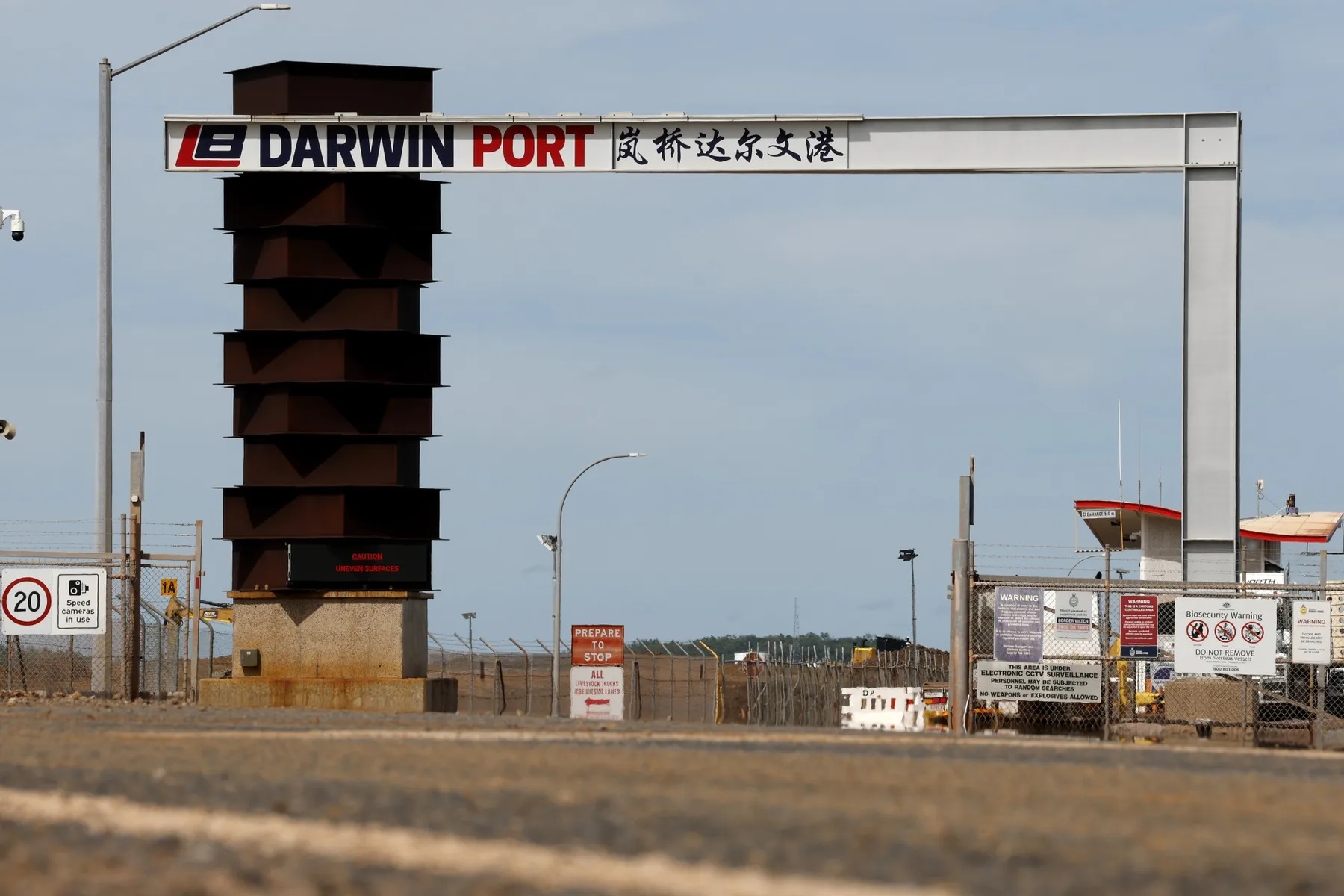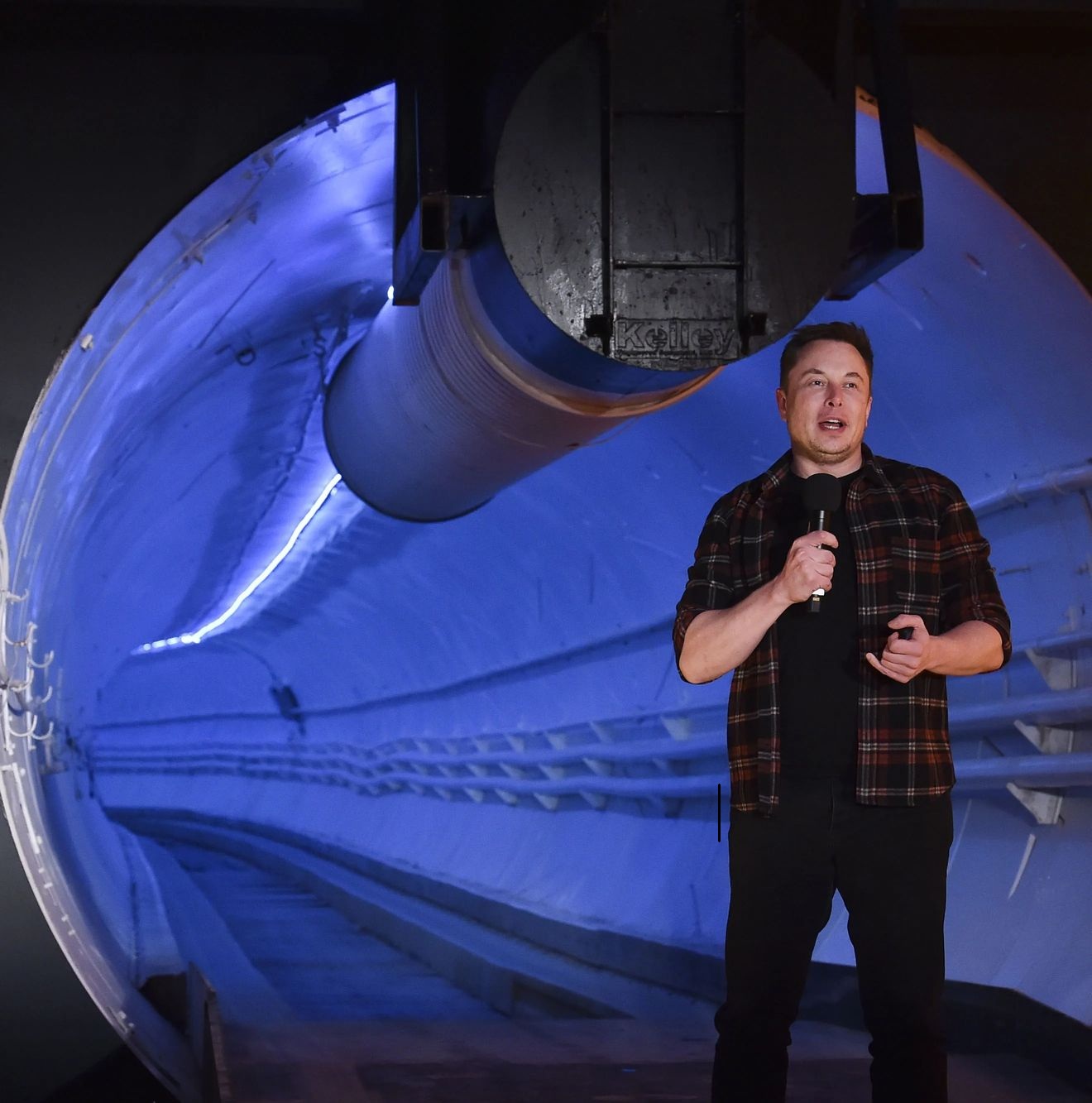Australia Aims to Avoid Panama Repeat in China Port Showdown
The Port of Darwin in Australia. Note the Chinese language on the port sign.

Prime Minister Anthony Albanese is confronting a fresh diplomatic dilemma with China: How to fulfill a pledge to regain control of a strategic port without jeopardizing improved relations with his country’s largest trading partner. Ahead of an election earlier this month, Albanese promised to return to Australian control the Port of Darwin from Chinese company Landbridge Group. It was awarded a 99-year lease in 2015 by the Northern Territory government in a move that sparked criticism from an array of politicians in Australia and in the US, which uses a nearby military training facility.
China is Australia’s biggest trading partner by far and previously expressed anger over pressure from the Trump administration concerning the Panama Canal, which resulted in a potential sale by a Hong Kong-based conglomerate of its two Panama port operations — a deal Beijing has said it will review. Albanese potentially faces a similar backlash from the Chinese government if Beijing perceives it’s being treated unfairly at the Port of Darwin. “The key is whether it’s a commercial or ostensibly a commercial transaction or not,” said Richard McGregor, a senior fellow at Sydney-based Lowy Institute, who serves on the board of a government body advising on relations with China.
A simple buyout of Landbridge by an Australian company would be significantly less controversial than a sale to a US business or an attempt to cancel the lease and nationalize it, he said. Speaking on Wednesday, Albanese appeared to pour some cold water on the idea of an acquisition by a US company while restating his desire to get the port back under Australian control. “It’s in the national interest for it to be in Australian hands,” Albanese said at a press conference in Darwin. “But if there are other proposals, we’ll work those through. But we’ll work those through on a commercial basis.”
Terry O’Connor, a non-executive director for Landbridge in Australia, said Wednesday there’s been interest among investors in Australia and abroad on whether the port is for sale. They’ve also received calls from international investors, some of whom are in talks with the local administration, about whether the national government’s plan to acquire the port is real, he said. Like many countries in the Asia-Pacific region, Australia is caught in a bind. The US is the largest single investor in Australia and the country’s main security ally, but China is by far its biggest export market.
High Stakes
China’s government would like for its firms to be able to invest more into Australia, especially in the minerals sector, but Canberra has blocked a series of investment proposals since the two signed a free-trade agreement more than a decade ago. That raises the stakes for how Albanese manages the port dispute. Bilateral relations collapsed during the pandemic, when China imposed tariffs and trade barriers on Australian goods, but have gradually improved since Albanese first took power in 2022.





